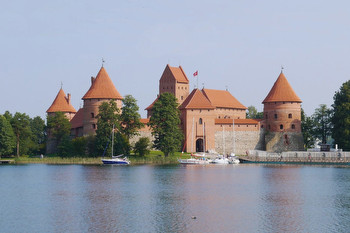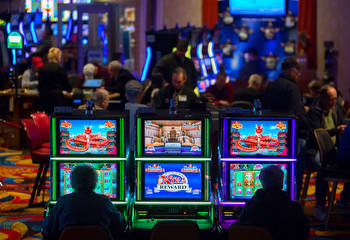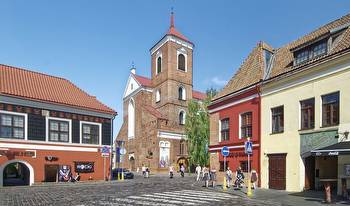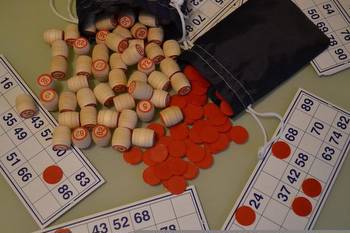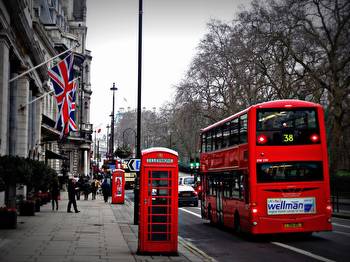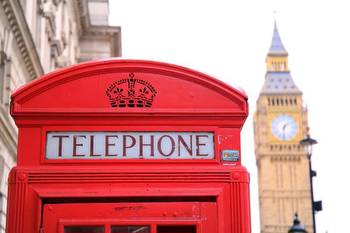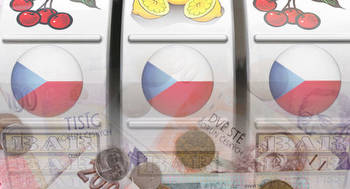Lithuania’s online gambling sector overtakes retail ops during pandemic

Lithuania’s local gambling market suffered only a modest revenue hit this year thanks to online gambling growth, although land-based slots halls remain the local favorite despite the fact that they keep shutting their doors.
Lithuania’s Gaming Control Authority (GCA) recently released statistics showing the local gambling market generated revenue of €75.6m in the nine months ending September 30, a 6.5% year-on-year decline, which isn’t bad considering the country’s retail gambling operators were forced to shut down from mid-March to mid-May due to COVID-19 (foreshadowing alert).
That shutdown allowed Lithuania’s six (down from seven at the end of Q2) online gambling licensees to claim the majority share (50.8%) of the 9M revenue pie, as online revenue rose nearly 38% from the same period last year while retail revenue was down nearly 30%.
Online’s new market-leading status appears set to continue after Lithuania ordered a second retail shutdown to combat rising COVID-19 infection rates. Slots halls, betting shops and bingo parlors were all ordered closed from November 7 through November 29 while online gambling sites were told to carry on as usual.
The 9M online gains came primarily via online slots, which saw revenue nearly double year-on-year to €19.5m, while online table games nearly tripled to €833k. The pandemic disruption to major sports limited online betting revenue’s gain to 3.1% (€17.1m).
Meanwhile, the GCA released a survey this week that queried around 1k residents regarding their gambling habits. The survey, which was conducted in mid-October, shows 43% of respondents played the lottery, eight points lower than the 2019 survey, which could be more due to the closure of retail points of sale than lottery boredom.
Then again, of the 12% of respondents who gambled on something other than lotteries, retail slots parlors scored highest with 47%, up 14 points from 2019, so the shutdown doesn’t appear to have impacted the appeal of land-based slots.
Online gambling’s score rose from 38% to 41%, a surprisingly low gain considering the pandemic’s impact. The number of retail sports bettors slipped one point to 29% while land-based casino visitors dipped six points to 26%.
The GCA also found that a vast majority of respondents (76%) supported reductions in the volume of gambling advertising, while an even less tolerant 52% want to see a complete ban on gambling ads (that latter figure drops to 22% when referring to lottery ads).
However, a slight majority of respondents (53%) believe the GCA’s responsible gambling ads were necessary, as nearly three-quarters (74%) believe gambling can be addictive. More than two-thirds (68%) expressed awareness of self-exclusion programs for individuals suffering from problem gambling activity.











